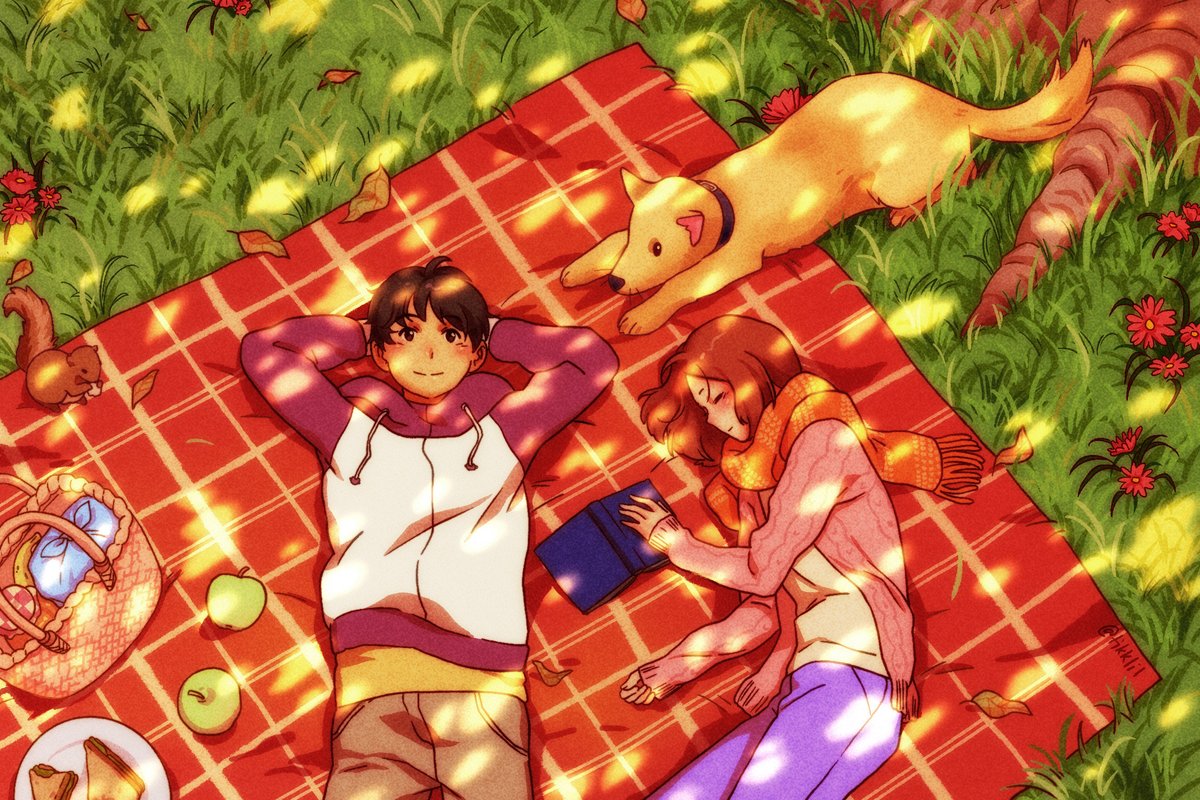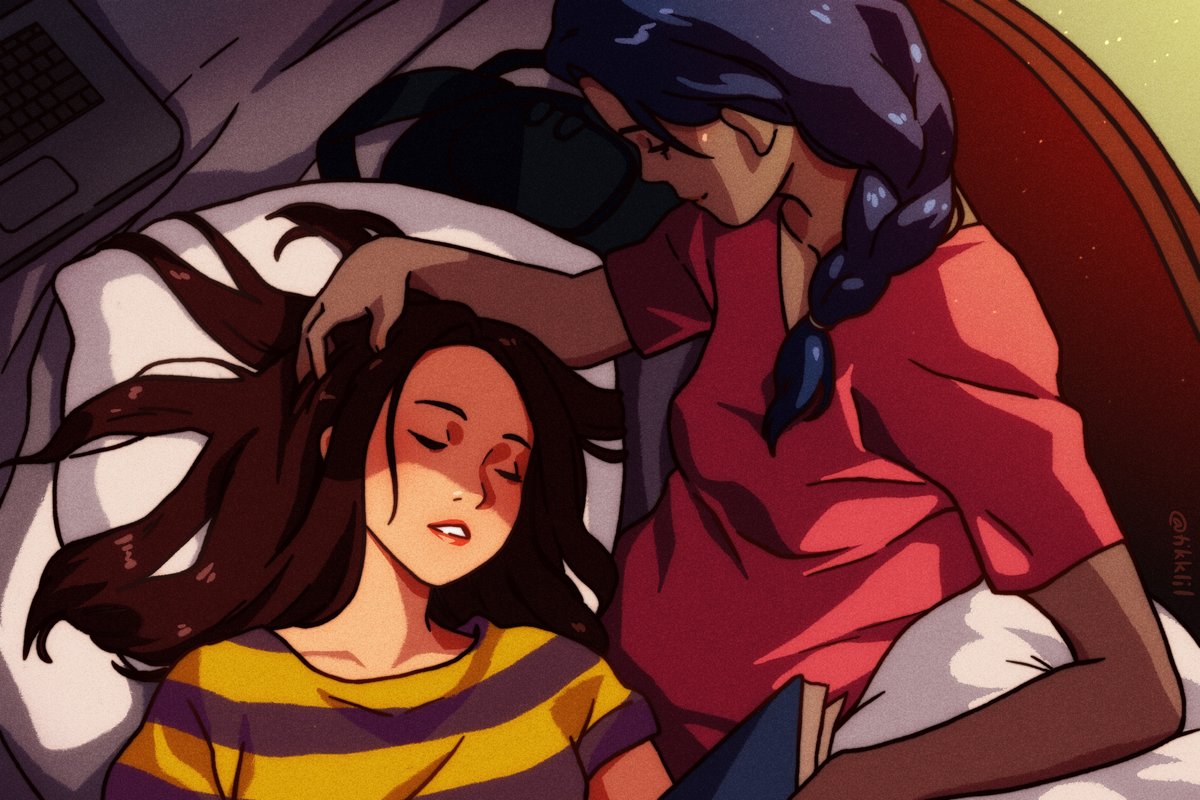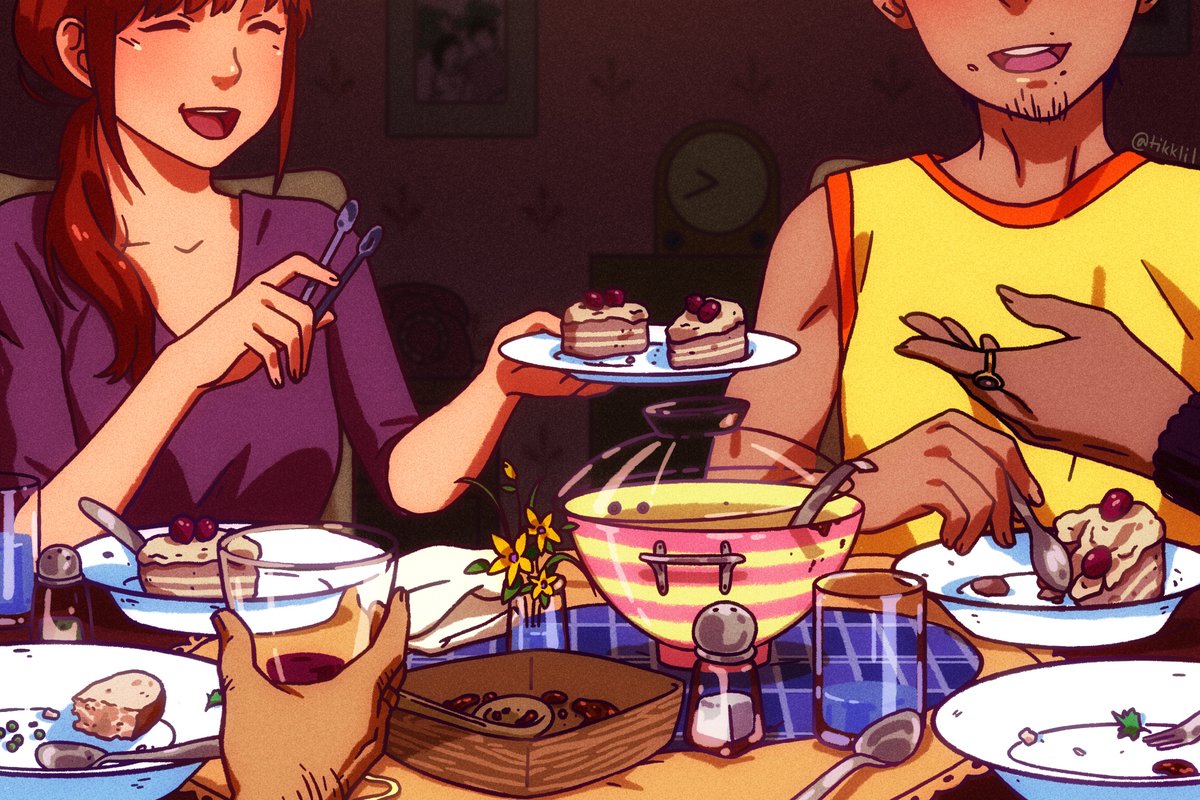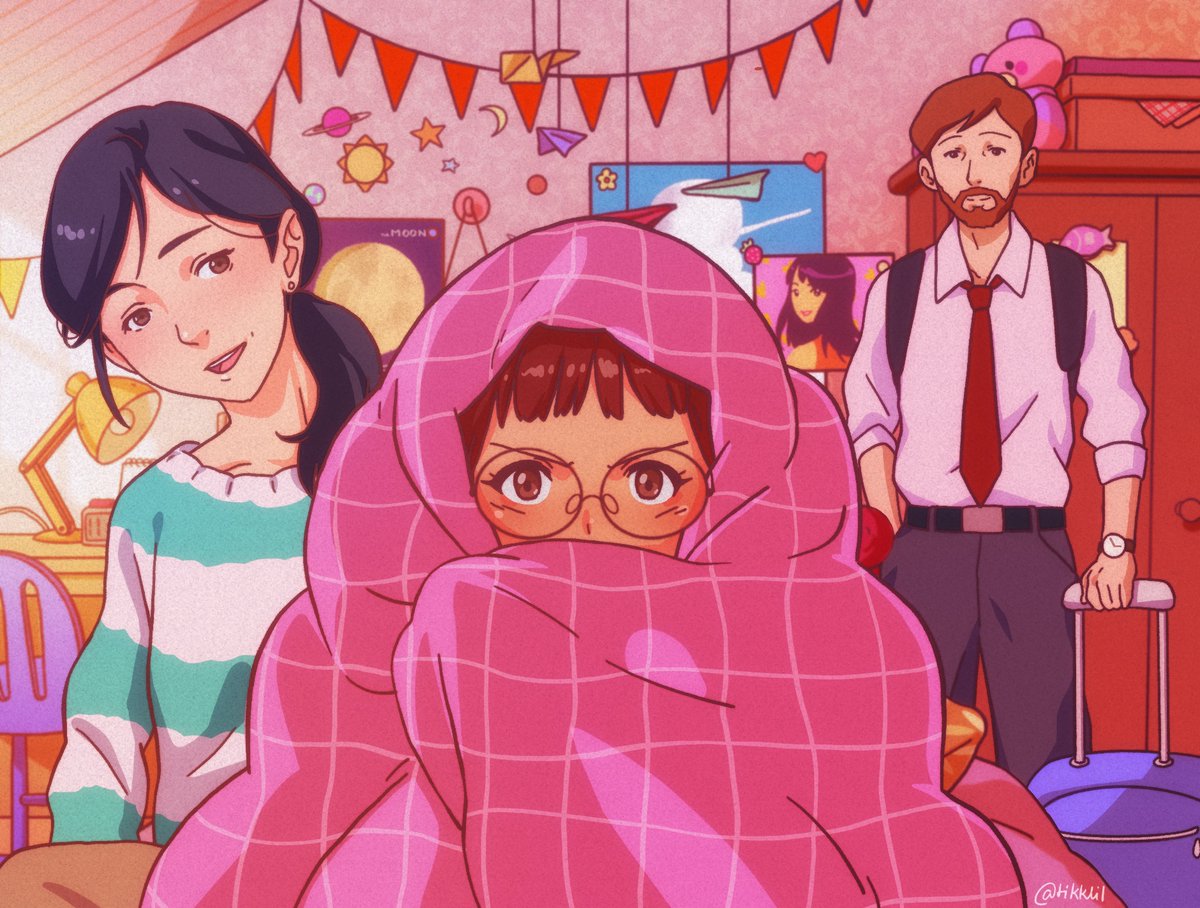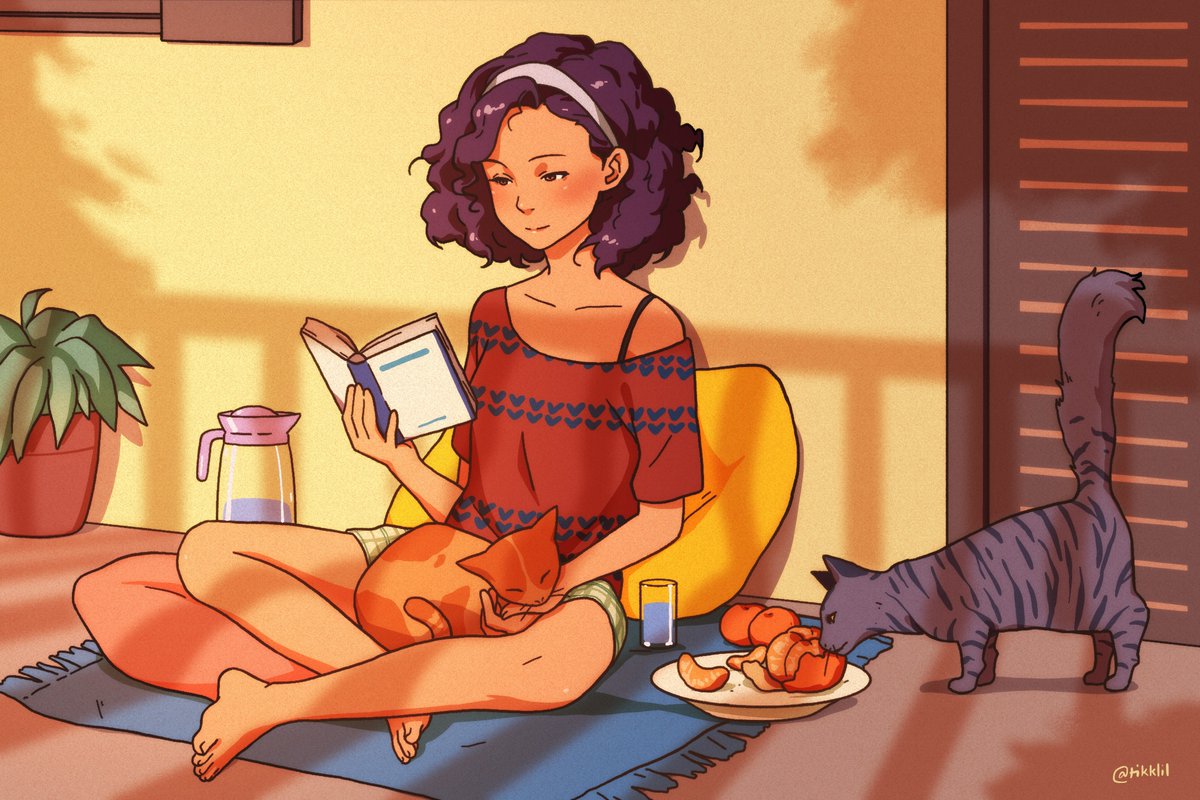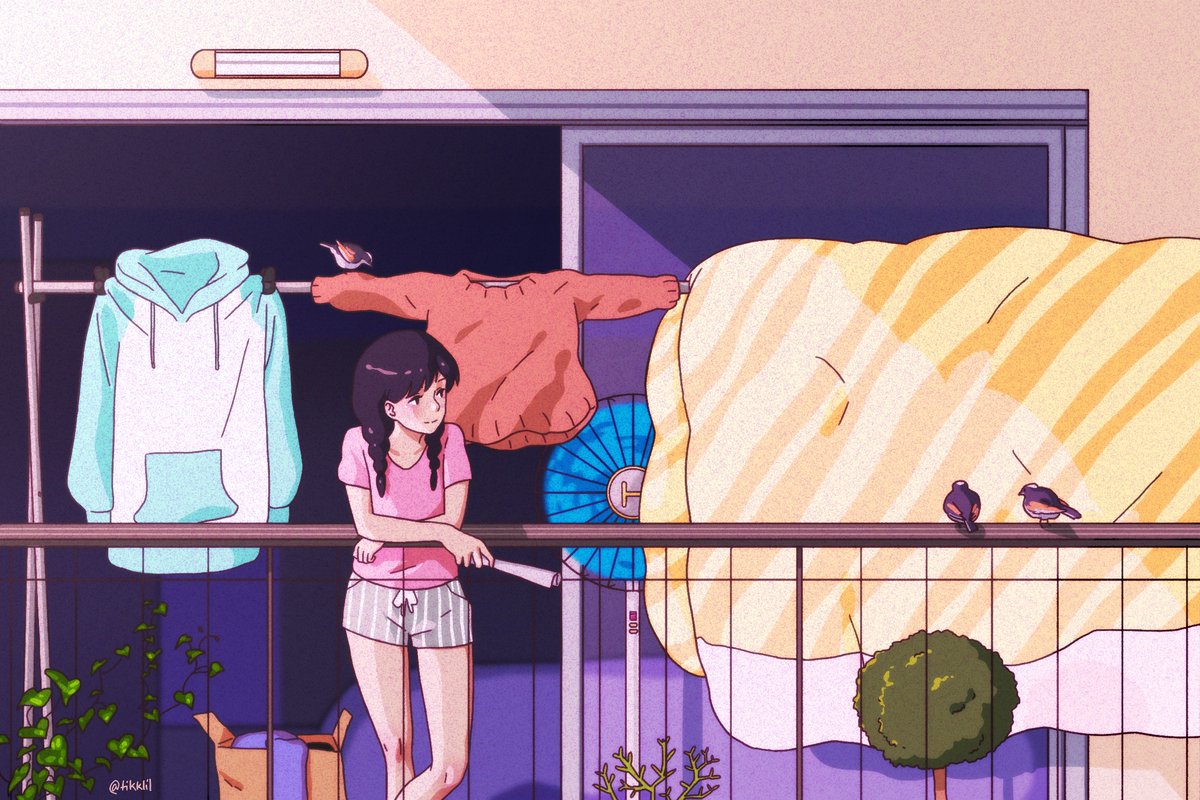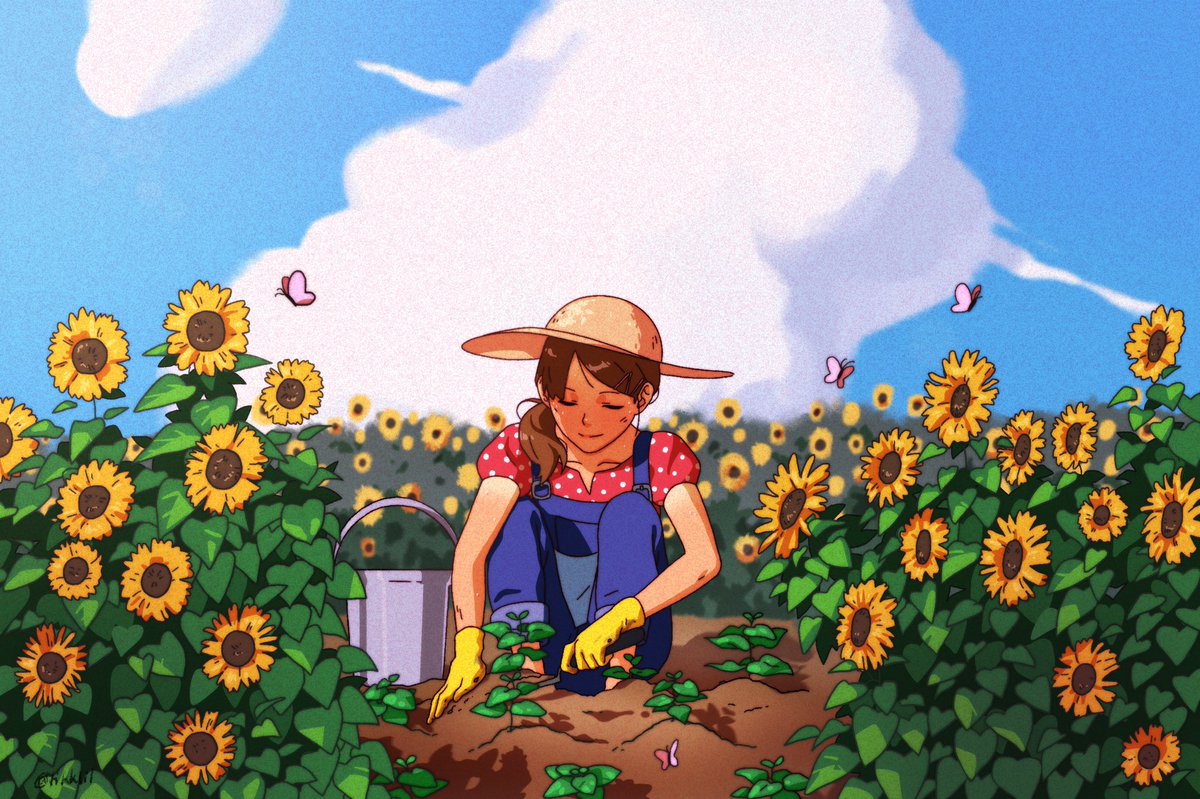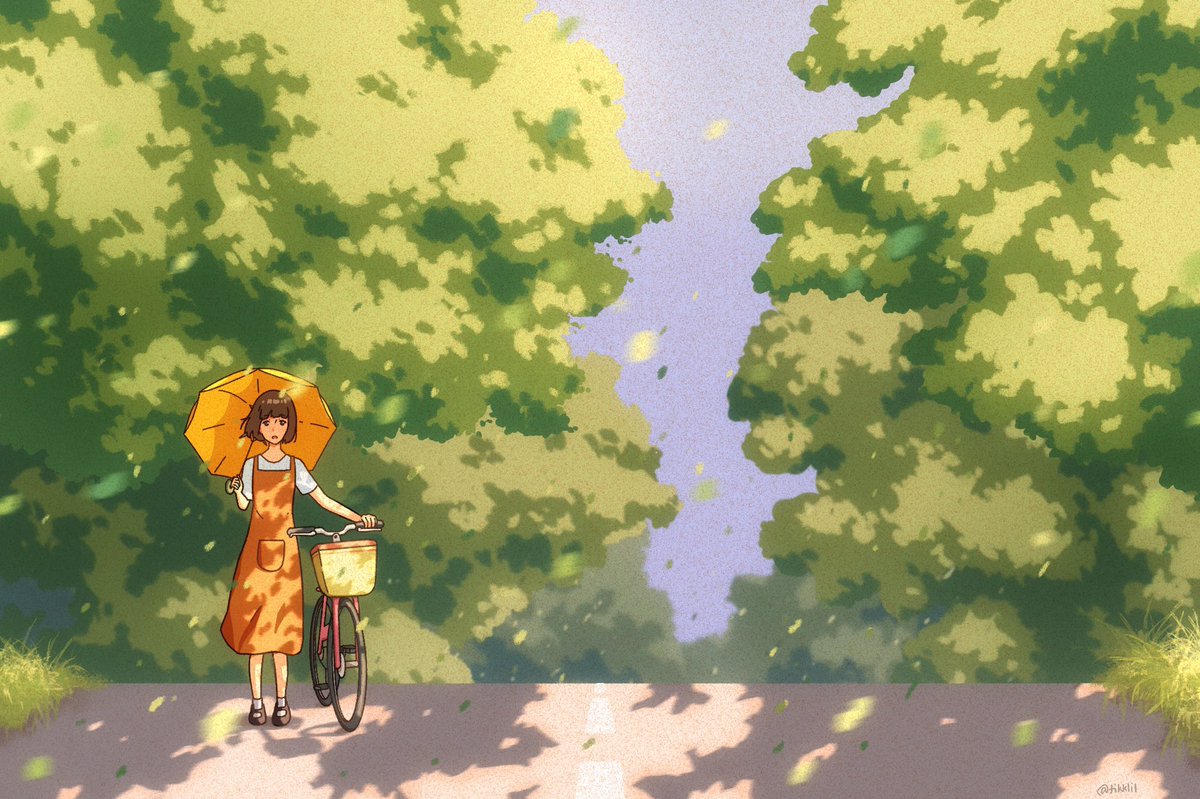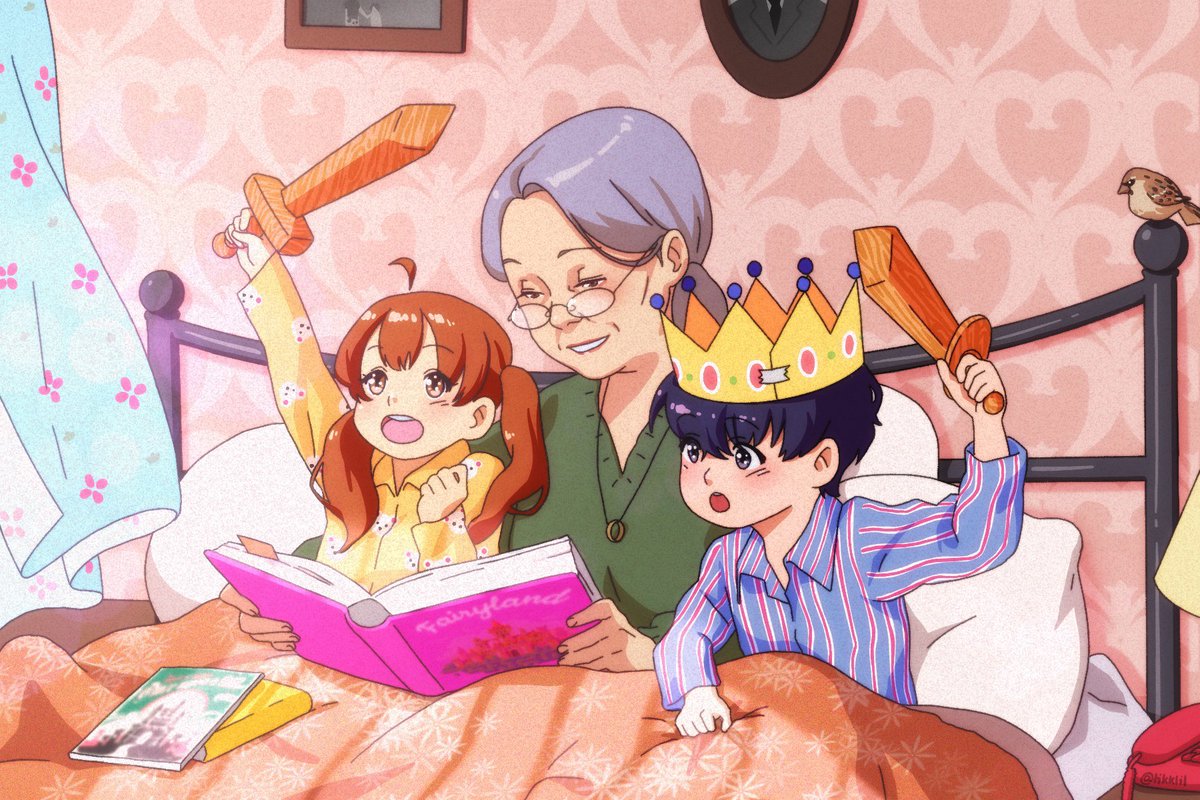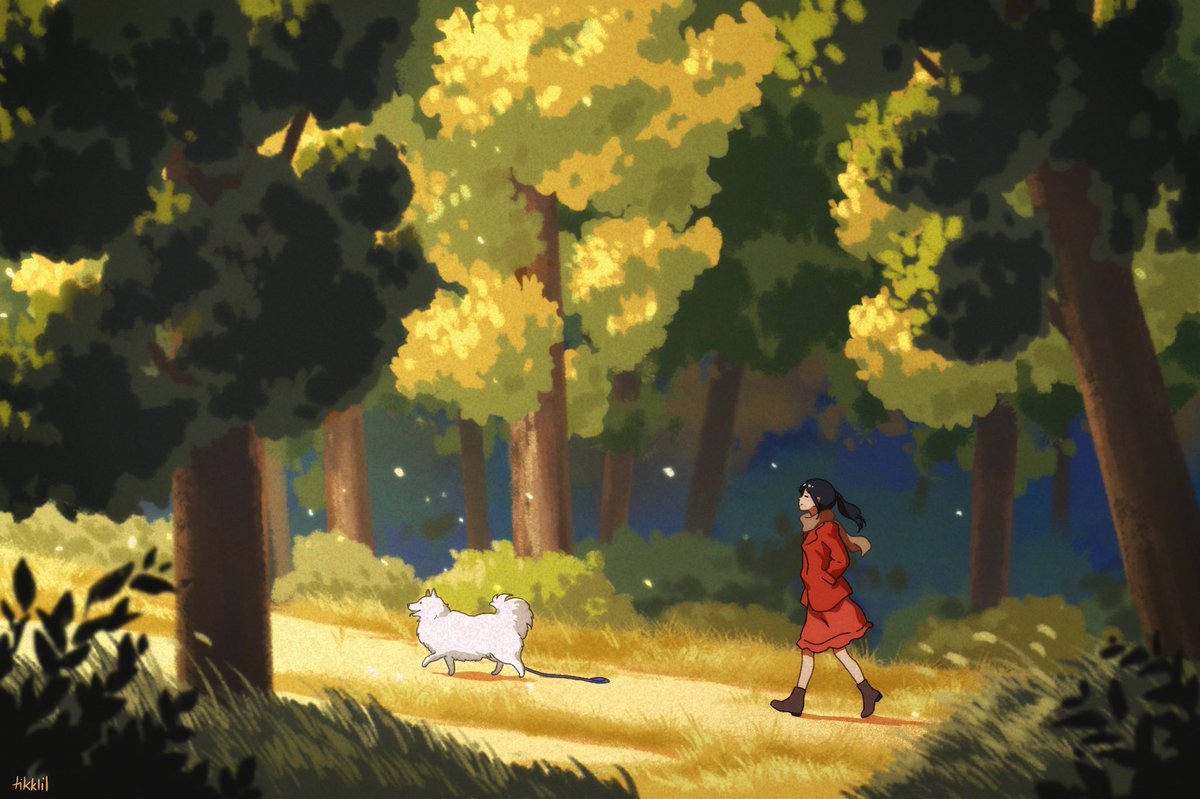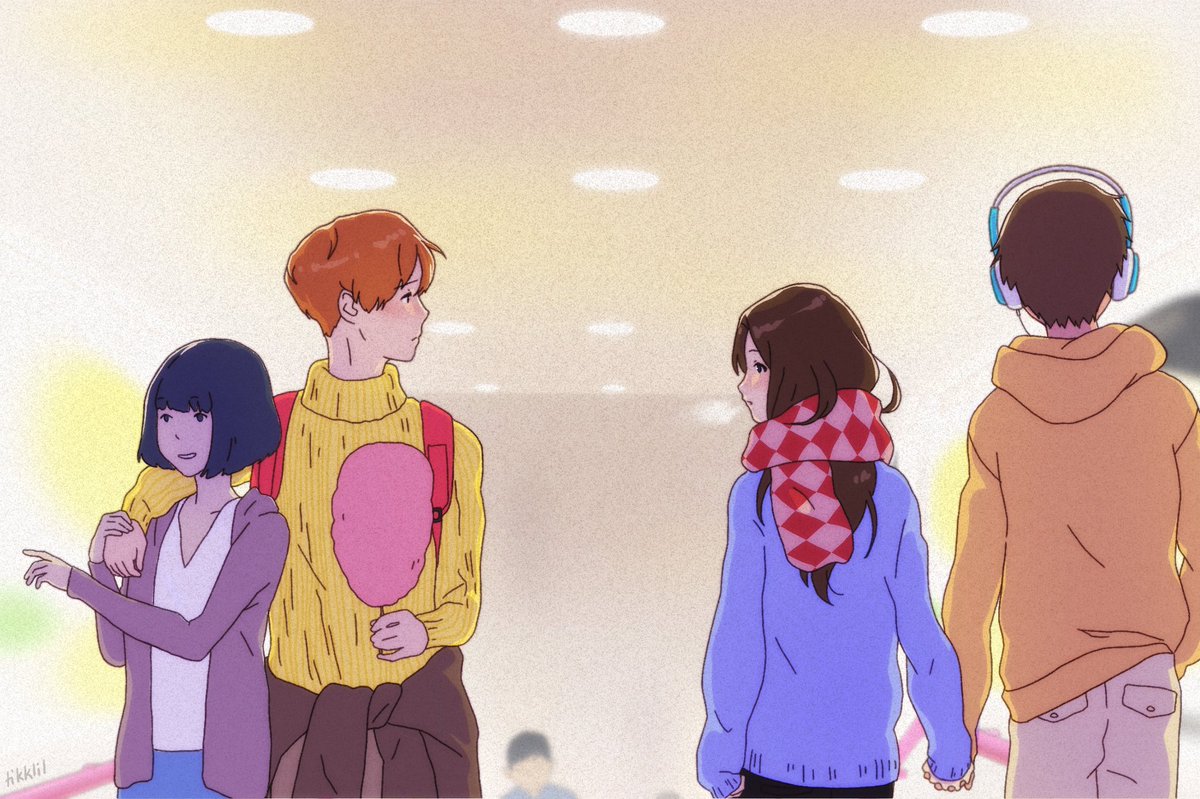Komorebi
/ˈko̞mo̞ɾe̞bʲi/
Japanese, Japan
noun.
The interplay of light caused by sunlight passing through the leaves, creating a pattern of light and shade.
Written forms:
木漏れ日 or こもれび
/ˈko̞mo̞ɾe̞bʲi/
Japanese, Japan
noun.
The interplay of light caused by sunlight passing through the leaves, creating a pattern of light and shade.
Written forms:
木漏れ日 or こもれび
Gumusservi
/ɟy.ˈmyʃ.sɛɾ.ˈvi/
Turkish, Turkey
noun.
The long reflecting pattern created by the moon shining on water.
Written forms:
Gümüşservi (Modern Turkish) or گوموشسلوی (Ottoman Turkish)
/ɟy.ˈmyʃ.sɛɾ.ˈvi/
Turkish, Turkey
noun.
The long reflecting pattern created by the moon shining on water.
Written forms:
Gümüşservi (Modern Turkish) or گوموشسلوی (Ottoman Turkish)
Sobremesa
/so.βɾeˈ http://me.sa/
Spanish,">https://me.sa/">... Spain
noun.
The time spent chatting at the table after a hearty meal, usually while dessert is being served.
/so.βɾeˈ http://me.sa/
Spanish,">https://me.sa/">... Spain
noun.
The time spent chatting at the table after a hearty meal, usually while dessert is being served.
Obhimaan
/o.bʱi.ˈman/
Bengali, West Bengal, India
noun.
A soft feeling of hurt pride. It is often experienced due to the actions of a loved one.
Written form:
অভিমান
/o.bʱi.ˈman/
Bengali, West Bengal, India
noun.
A soft feeling of hurt pride. It is often experienced due to the actions of a loved one.
Written form:
অভিমান
Geborgenheit
/ɡəˈbɔʁɡn̩ˌhaɪ̯t/
German, Germany
noun.
An undeniable feeling of coziness, snugness, safety, and contentment.
/ɡəˈbɔʁɡn̩ˌhaɪ̯t/
German, Germany
noun.
An undeniable feeling of coziness, snugness, safety, and contentment.
Atvasara
/atvasaɾa/
Latvian, Latvia
noun.
The last days in a year when it feels warm like summer, before winter starts, usually around September and October.
/atvasaɾa/
Latvian, Latvia
noun.
The last days in a year when it feels warm like summer, before winter starts, usually around September and October.
Meraki
/meˈɾaci/
Greek, Greece
noun.
The act of being intensely interested in something, especially an activity, so that one almost leaves a part of oneself in the work.
Written form:
μεράκι
/meˈɾaci/
Greek, Greece
noun.
The act of being intensely interested in something, especially an activity, so that one almost leaves a part of oneself in the work.
Written form:
μεράκι
Hiraeth
/hiraɪ̯θ/
Welsh, Wales
noun.
A feeling of wistfulness or longing for a place, time or person, that may or may not really exist.
/hiraɪ̯θ/
Welsh, Wales
noun.
A feeling of wistfulness or longing for a place, time or person, that may or may not really exist.
Goyaa
/ˈɣo.ja/
Urdu, Pakistan
adverb.
This world refers to the temporary suspension of disbelief employed in storytelling, loosely translating to a meaning similar to “as if”or “as though”.
Written form:
گویا
/ˈɣo.ja/
Urdu, Pakistan
adverb.
This world refers to the temporary suspension of disbelief employed in storytelling, loosely translating to a meaning similar to “as if”or “as though”.
Written form:
گویا
Uitwaaien
/œy̯tˈʋaːi̯.ə(n)/
Dutch, the Netherlands
verb.
To take a refreshing walk outdoors in windy or breezy weather to clear one’s head.
/œy̯tˈʋaːi̯.ə(n)/
Dutch, the Netherlands
verb.
To take a refreshing walk outdoors in windy or breezy weather to clear one’s head.
Mamihlapinatapai
/mə.mi.ˈɬa.pi.ˈna.tə.ˈpai/
Yaghan, Tierra del Fuego, Chile
noun.
The silent look shared by two people who want to initiate something, but neither of them do, often used in context with professing love where both people want to do so, but neither initiates.
/mə.mi.ˈɬa.pi.ˈna.tə.ˈpai/
Yaghan, Tierra del Fuego, Chile
noun.
The silent look shared by two people who want to initiate something, but neither of them do, often used in context with professing love where both people want to do so, but neither initiates.

 Read on Twitter
Read on Twitter